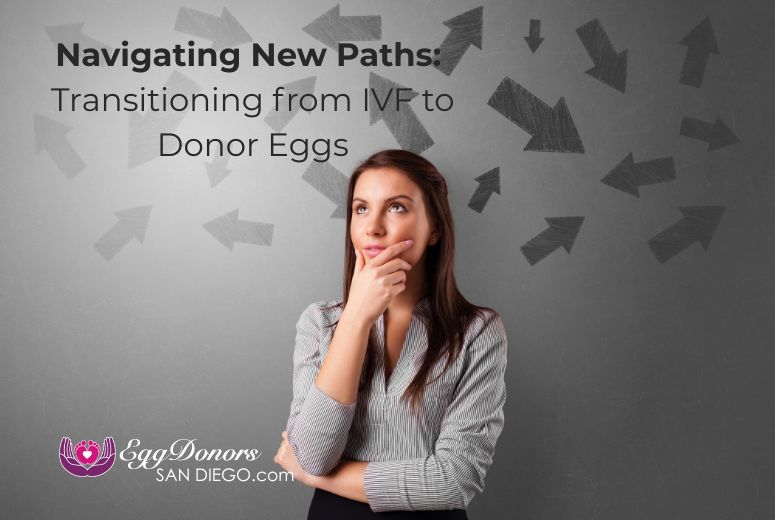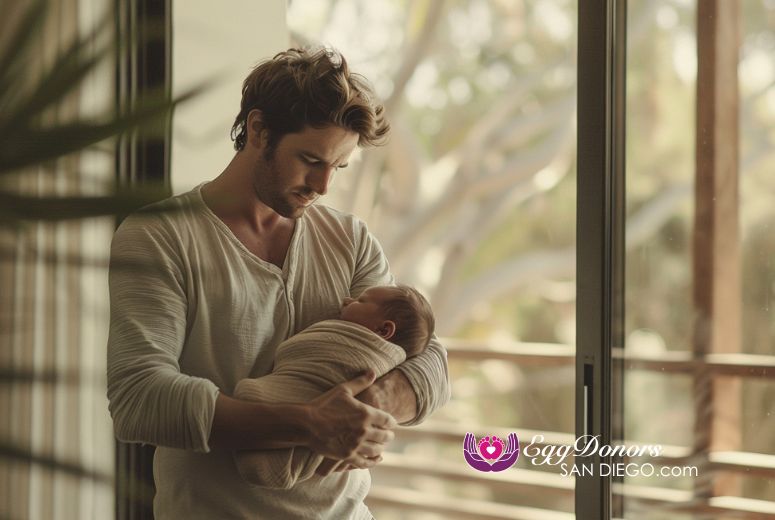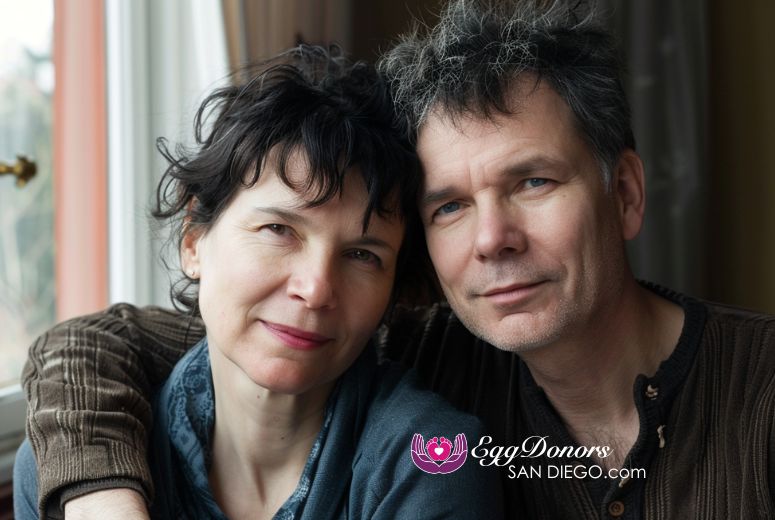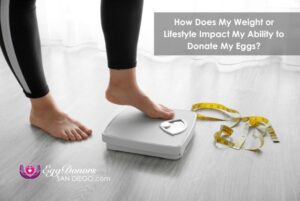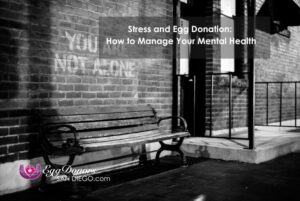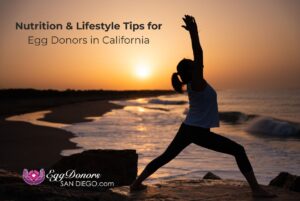For many families, in vitro fertilization (IVF) represents a powerful opportunity to grow their family. Still, it’s important to remember that not all cycles result in pregnancy. In these moments, many patients explore the next chapter: IVF to donor eggs. This step is not the end of the journey, but rather a transition to a new option filled with possibility.
Dr. Minoos Hosseinzadeh, Founder and Medical Director of Fertility Institute of San Diego and EggDonorsSanDiego.com, shares: “Moving from IVF to donor eggs is an evolution in your path to parenthood. It allows us to harness the best science while opening doors to new beginnings.”
The Emotional Transition After IVF
Instead of focusing on “loss,” this stage can be understood as a pivot point. Patients often describe a mix of emotions—disappointment that one path has closed, but optimism that another is available. It is a natural and human response when adjusting expectations.
Common emotional responses include:
- Reframing family-building goals
- Building confidence in new treatment plans
- Embracing the opportunity for renewed success
Why Donor Eggs Become a Next Step
Fertility treatment with donor eggs often achieves higher IVF success rates, particularly for individuals facing egg quality issues or advanced maternal age.
Advantages include:
- Stronger embryo development potential
- Greater chance of pregnancy per cycle
- Carefully screened and healthy donor eggs
- A clear path forward when other treatments haven’t worked as planned
How the Donor Egg IVF Process Works
The process of transitioning from IVF to donor eggs is structured and supportive:
- Selecting a donor: Intended parents review profiles with detailed health and personal information.
- Comprehensive screening: IVF clinic ensures donors meet the highest standards for safety and success.
- Egg retrieval and fertilization: Embryos are created in the lab.
- Embryo transfer: A high-quality embryo is placed in the prepared uterus.
Emotional Growth and Family Dynamics
This transition often requires couples and individuals to redefine how they see family-building. Far from being a loss, it is a chance to build resilience, deepen relationships, and embrace new forms of connection.
Dr. Hosseinzadeh emphasizes: “Patients who choose donor eggs often describe a profound sense of relief. They see new doors opening, and the hope of holding a healthy baby becomes more tangible.”
Inspiring Pathways Forward
Many families who pivot to donor egg IVF go on to celebrate healthy pregnancies and births. Their stories illustrate strength, flexibility, and the transformative power of embracing new possibilities in fertility care.
Considerations and Support
When moving from IVF to donor eggs, patients should explore:
- Counseling: to process expectations and gain clarity
- Support systems: from partners, family, and specialized clinics
- Transparency: with future children, guided by counselors if desired
Costs of Donor Egg IVF
Donor egg IVF can be more of an investment than traditional IVF, but its higher success rates often make it a cost-effective choice. Clinics like EggDonorsSanDiego.com offer transparent pricing, guidance, and financing to make the process accessible.
FAQs
Yes, donor egg IVF offers significantly higher pregnancy rates compared to continuing cycles with low-quality eggs.
Many clinics report success rates of 60-75%, much higher than traditional IVF.
A structured process of donor selection, egg retrieval, fertilization, and embryo transfer, all with clinical and emotional support.
Choosing donor eggs after IVF is not about endings—it’s about new beginnings. With compassionate guidance and advanced science, this pathway helps many families realize their dream of parenthood.
If you’re ready to start your egg donation journey, click here to schedule your complimentary consultation with Dr. Hosseinzadeh.


